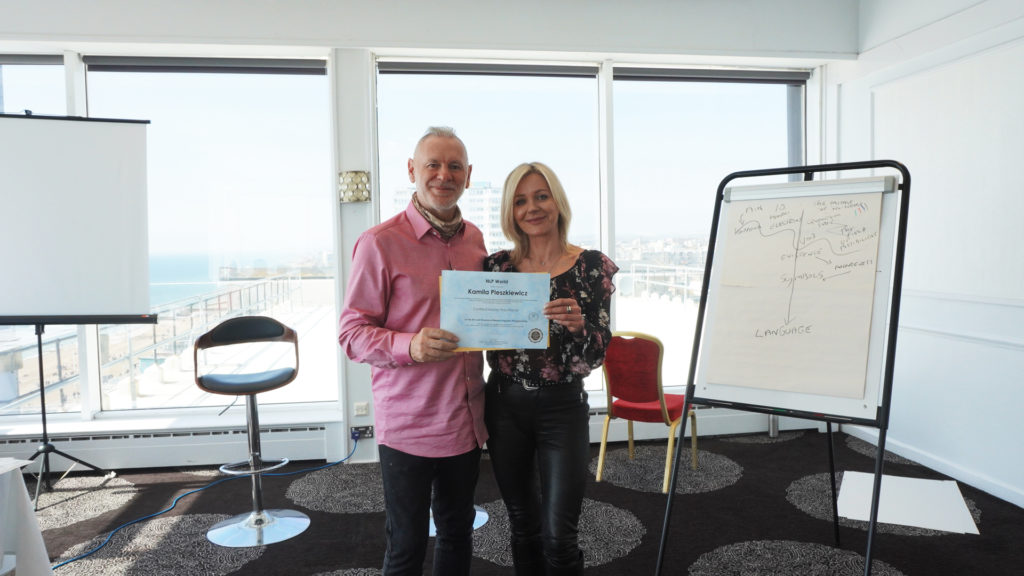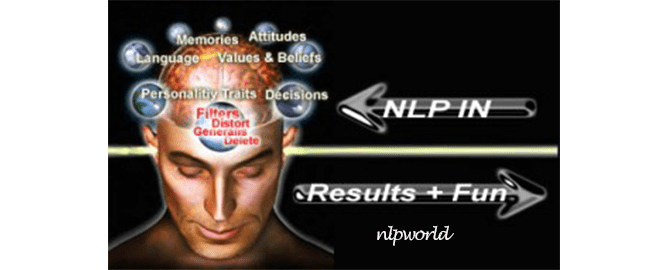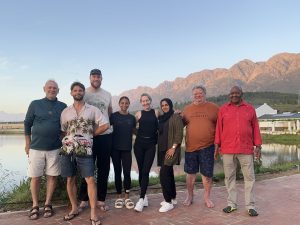What is NLP?
And, what is NLP?
What is NLP? This is a good question for people in South Africa. I will attempt to show you what NLP is within this article, plus give you the comparison between neuro linguistic programming (NLP) and coaching.
I was born in the UK and there, NLP has got a very good reputation indeed. Coaching is also looked upon as a pretty good thing to do. Even hypnosis and hypnotherapy have good kudos, whereby you can even get hypnotherapy on the free NHS! Within South Africa, however, there seems to be an undercurrent of sayings like “oh another NLP Practitioner, they are everywhere” or “life coaches are two for one cent”. I did cover this angle in an earlier blog, whereby what I surmised is that the training over here has not been that good.
Therefore it is not exactly that there are too many NLP Practitioners or Personal Coaches, yet there are not enough quality of either!
Then What is NLP?
Let me point out what is NLP? To do that I have to give you the whole curriculum so you can look through and see what’s included.

The basis of NLP (Neuro-Linguistic Programming). Richard Bandler and John Grinder, who began modelling and duplicating the “magical results” of a few top communicators and therapists, initially created NLP in 1975. Some of the first people to be studied included Hypnotherapist Milton Erickson, gestalt therapist Fritz Pearls and family therapist Virginia Satir.
What is NLP? Introduction to NLP (12:16)
What kind of things am I learning with NLP?
- How to create and maintain genuine rapport, through understanding energy.
- Understand and utilise body language in communication.
- Skills in acute observation of other people.
- How to utilise the subconscious mind to create positive change in yourself and others.
- The conscious use of language.
- How to internally motivate yourself and others both personally and professionally.
- How to take charge of your own life, having physical and mental alignment to become confident in everything
you do. - To adapt to different thinking and learning styles, and experience different perspectives.
- Create and manage your own emotional states to gain high performance.
- Learn how to manage stress, sustain high performance states and a greater sense of well being.
Fun and play are a large portion of any learning and development course. From this perspective, we show you how the masters got their fantastic results in various different distinctions of business and therapy.

For instance, the context of anchoring (which the advertising world has adopted as its saviour) came from Pavlov (remember the dogs and the bell, actually tuning fork); so what did he do and HOW does it work?
The area of Lateral thinking, Edward Debono claimed it, but never explained HOW to do it.
What can you do with these skills?
Release phobias, traumas, significant emotional events, destress, reframe any memory, work with hay fever, chronic fatigue syndrome, change likes to dislikes with food and habits, change old habits, empower clients, release old ways of being.

It’s completely your choice as NLP World accredits you either as an NLP Practitioner or as an accredited coach.
What Am I Going to Experience From Hearing, Seeing
and Experiencing NLP?
Here is one of Terry’s favourite analogies.
“If you think of how a landscaped garden grows and flourishes, it always starts with the clearing of the weeds.
The whole of life and the universe works in this way. That’s why there are winters and summers.
That’s the first part.
Don’t let anyone try and tell you it’s just about positive thinking. It’s not!
After clearing the path, the next step is about how to re-connect to your core purpose in life, the work you came here to do, your life’s mission.
And then, finally, we can look at planting your seeds (ideas, thoughts, goals visions).
The last part is looking after those small shoots that start to grow (mind management) so your whle garden can flourish into the future.
A seed has all the information inside it already; all the power, all the knowledge. Your life is about unlocking and realising this, as yet unmanifested you”
What is NLP? By Terry Elston







